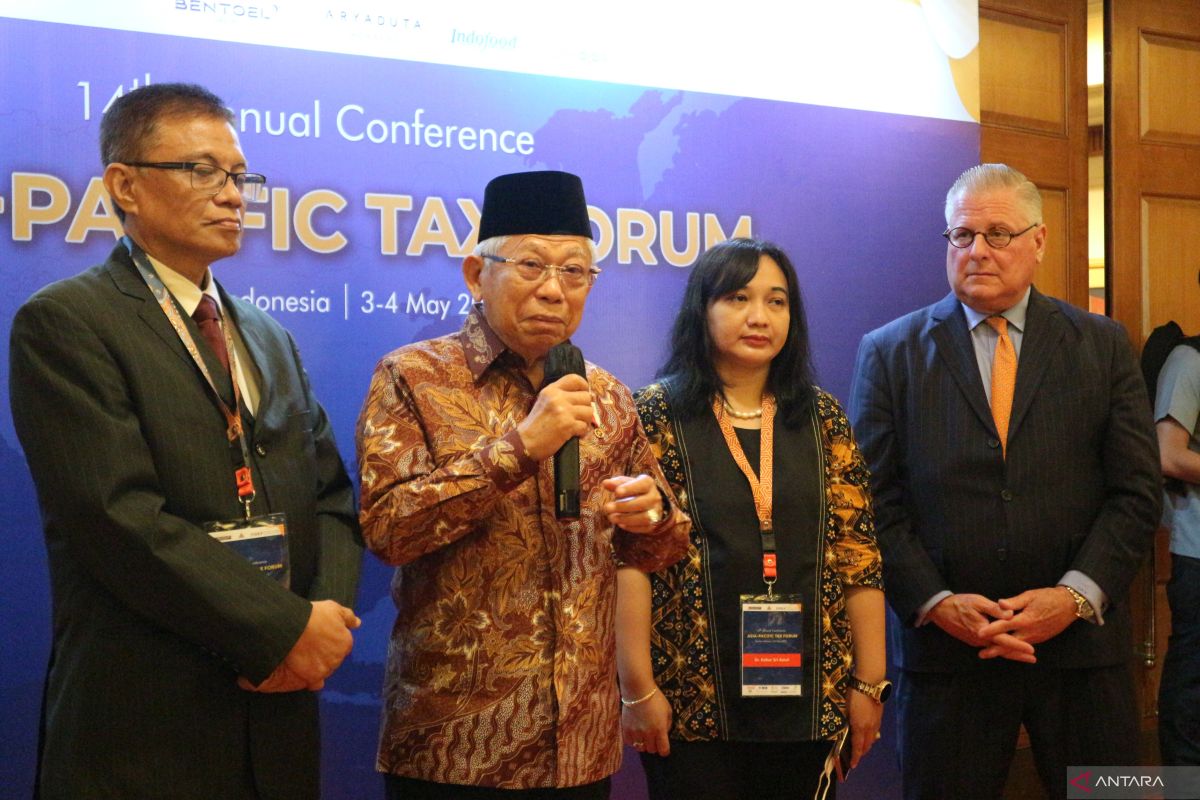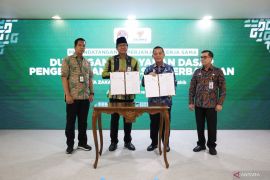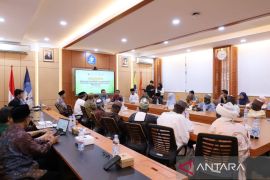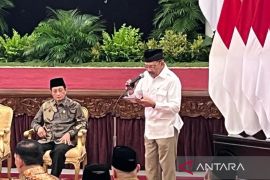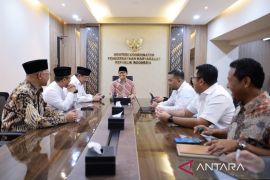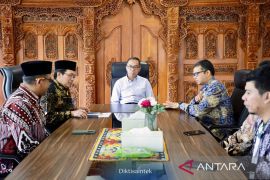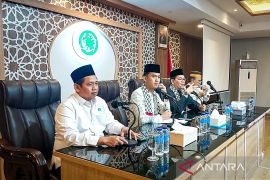Zakat is considered to be able to become an ‘automatic fiscal stabilizer’.Jakarta (ANTARA) - Alms collected by Muslims as religious duty (Zakat) and taxes were effective means to reduce inequality, Vice President Ma'ruf Amin stated at the opening of the 14th Annual Conference Asia-Pacific Tax Forum (APTF).
"One of the sharia economy practices that contribute greatly to realizing economic justice is collecting zakat. Both sharia economy and tax systems actually have the same goals, as they encourage, among other things, inequality eradication," he remarked here on Wednesday.
The 14th APTF, themed "Developing Indonesian Sharia Economy Amidst Global Economic Dynamics," was held in Jakarta on May 2-3, 2023.
"In realizing economic justice, the two instruments (zakat and taxes) are expected to contribute more optimally, so they can become effective tools for increasing the people's welfare and reducing inequality," the vice president stated.
Hence, as a sharia social fund instrument, alms is one of the aspects that has been carefully developed in Indonesia, he remarked.
"Zakat, as one of the pillars of Islam, serves, one of which, as a means to redistribute (people’s) wealth. Zakat paid by muzakki (people subjected to zakat collection) will increase the welfare of mustahik (people eligible as zakat beneficiaries) and (the entire) ummah," he noted.
Amin stated that the role of alms to redistribute people’s wealth is similar to the function of tax.
Some countries, such as Malaysia, even implement a policy to reduce the amount of income tax subjected to a muzakki, he remarked.
Although zakat is not part of the Indonesian government’s state budget, it can become a good supporting instrument for fiscal policy, he noted.
"It (zakat) assists the government in (handling) several issues that are in accordance with its allotment, such as poverty alleviation, stunting (eradication), and social protection (provision)," the vice president remarked.
He noted that the National Alms Agency (Baznas) and other zakat management agencies had distributed alms to around 463 thousand impoverished mustahik in 2022, out of which some 194 thousand were living in extreme poverty, contributing to 1.76 percent of the national poverty alleviation target.
"Zakat is considered to be able to become an 'automatic fiscal stabilizer,'” he said.
Since the alms is spent as assistance for poor people, it can help the community to meet its consumption needs without being too affected by the dynamic economic condition, thereby making their financial situation more stable, Amin remarked.
"Considering the huge potential of zakat collection in Indonesia, I think it is important to have a policy review and concrete recommendations regarding the ideal relation between zakat and tax in the future," he stated.
According to data from the 2021 World Population Review, Indonesia has the largest Muslim population in the world, with a total of around 231 million people.
Related news: Zakat is means to improve people's welfare: VP Amin
Related news: Minister asks regions to encourage Muslims to pay zakat
Translator: Desca Natalia, Uyu Liman
Editor: Rahmad Nasution
Copyright © ANTARA 2023
